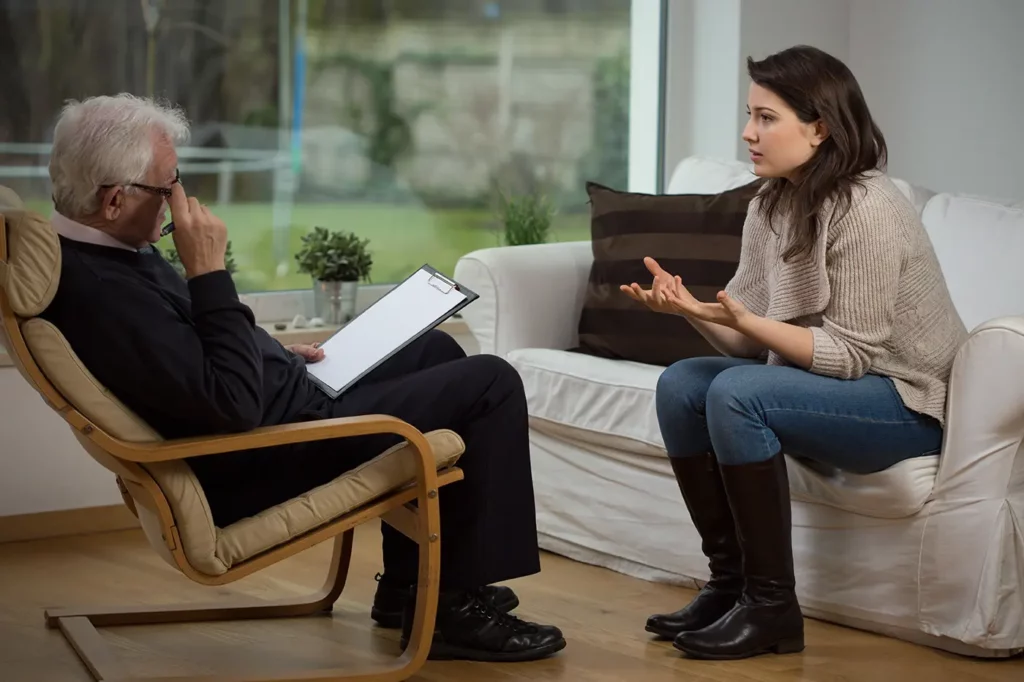24/7 Helpline:
(866) 899-221924/7 Helpline:
(866) 899-2219
Learn more about Valium Rehab centers in Moscow
Valium Rehab in Other Cities

Other Insurance Options

Private insurance

UnitedHealth Group

Kaiser Permanente

Magellan

WellCare Health Plans

Excellus

BlueShield

Holman Group

Cigna

Sliding scale payment assistance

Providence

Covered California

Absolute Total Care

PHCS Network

BHS | Behavioral Health Systems

Molina Healthcare

Self-pay options

Coventry Health Care

Optum

Ceridian

Weeks and Vietri – Counseling and Community Services
Weeks and Vietri – Counseling and Community Services is a private rehab located in Moscow, Idaho. We...







Region II Mental Health Center
Region II Mental Health Center is a public rehab located in Moscow, Idaho. Region II Mental Health C...

Sequel Alliance Family Services
Sequel Alliance Family Services - Rodeo Drive offers intensive outpatient services for individuals w...

Scott Community Care
Scott Community Care is a private rehab located in Moscow, Idaho. Scott Community Care specializes i...







